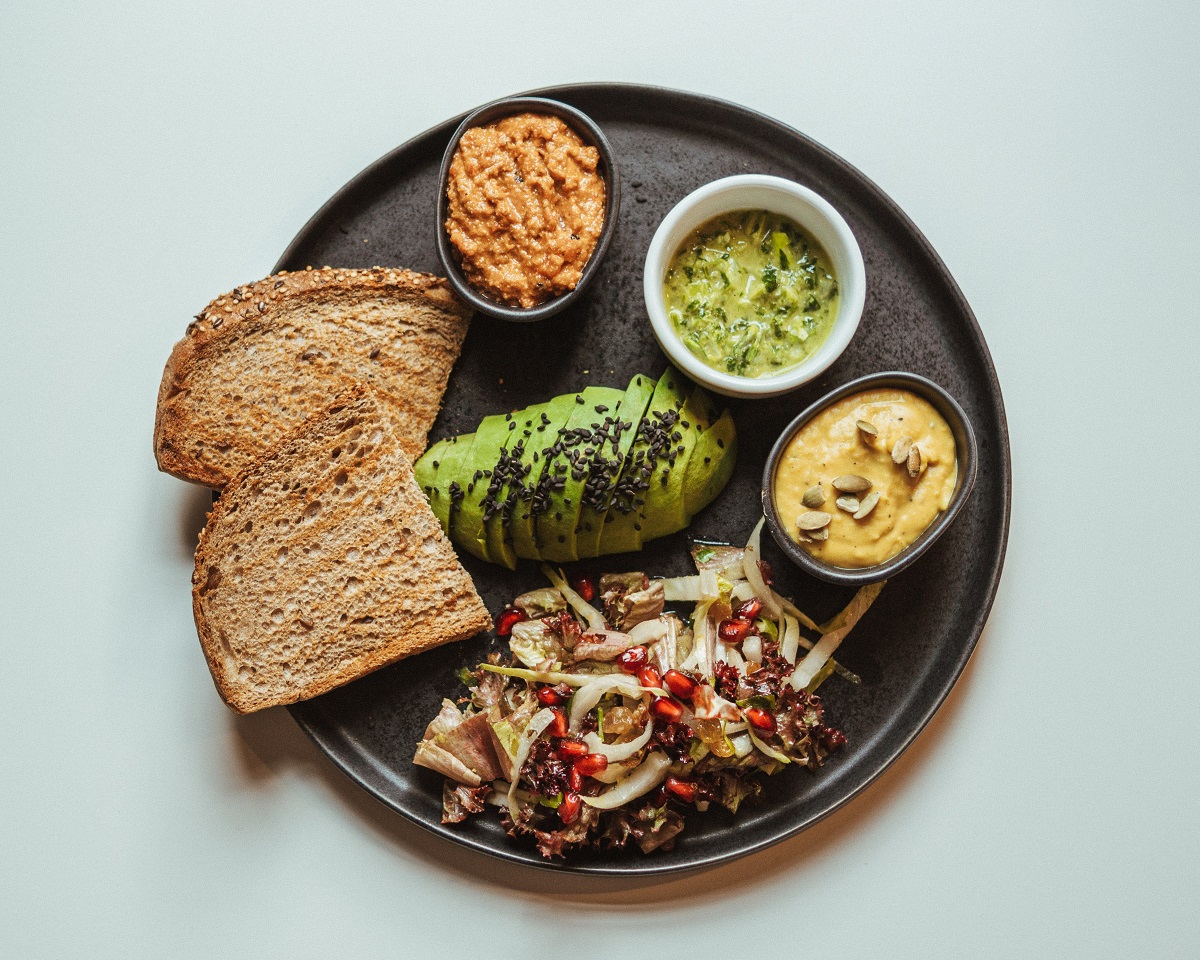Disclaimer: This website provides health information for educational purposes only and is not a substitute for professional medical advice, diagnosis, or treatment. Always seek the guidance of a qualified healthcare provider with any questions you may have.
Living alone has many benefits. For one, you don’t have to share your food with anyone. However, that can also be a double-edged sword. Because you don’t have anyone to share with, you tend to forgo portion sizes and overeat. Moreover, there’s no one else to consider when buying or making food, which gives you the freedom to eat whatever you want, which may or may not always be healthy choices.
If you live alone and find yourself overeating most of the time, here are the best ways to help you kick the habit:
1. Control your portions
Portion control is one of the most important aspects of any binge-eating recovery plan. Although you might not necessarily be binging when you overeat, portion control is just as crucial in kicking the habit.
There are many ways to help control your portion sizes. Here are some of the best ones you can try:
- Use smaller plates or portion control dishware
- Check the nutrition label on products to see the amount for one serving
- Measure ingredients accurately when cooking using measuring cups, measuring spoons, a food-grade weighing scale, etc.
- Separate your pre-prepped meals into single-serving containers
2. Cook just the right amount of food
When you live alone, cooking too much food is a common problem. And what happens when you cook too much food for one person? You eat more than you need to.
If you are used to cooking for multiple people, learn how to halve or quarter your recipes to make just the right amount for yourself. Alternatively, you can make your dishes just as they are, but you have to separate them into single servings for multiple meals.
 3. Avoid distractions
3. Avoid distractions
Living alone often means that you don’t have to sit with others while eating or pay attention to anyone else. Thus, you can find yourself doing something else while eating, like watching TV, scrolling through social media, or reading a book.
When you are distracted while you eat, you don’t make the most out of the food in front of you, which can lead to late-onset of satiety or lack of satisfaction altogether. In turn, this can lead to even more eating after your meal, even if you don’t feel hungry anymore.
As much as possible, sit down at the table during mealtimes and avoid putting distractions near you, such as your phone or laptop. It can feel weird, but you can find yourself enjoying your food more if you focus on it.
4. Tweak your shopping list
The preference for convenience food is another common problem for solo dwellers, mainly because convenience food is easy and quick to make. However, this type of food is packed with saturated fats, sugar, preservatives, and sodium, making it addictive, which can lead to overeating.
Avoid picking up junk food, instant food, and other convenience food when shopping for groceries. Instead, choose more fresh, whole foods that are minimally processed.
There are a lot of things that can cause you to overeat while living alone, such as loneliness or poor portion control. Nevertheless, there are just as many ways you can adjust your eating habits to ensure you’re eating just the right amount of food, starting with the ones mentioned in this article.




